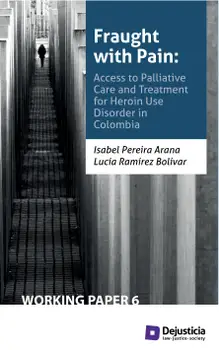This books seeks to facilitate linkages between discussions on the right to health and discussions on drug policy reform. The populations we talk about here are the noes most in need of a change whereby drug culture measures cease to stand in the way of a life free from pain. The suffering and pain experienced by people with terminal illnesses and people with heroin use disorder can be alleviated through opioids. At the same time, the enforcement of international drug control treaties means that these medicines are subjected to strict controls that create excessive red tape and contribute to generalized fear among patients and health professionals concerning these medicines' use. Although many opioids are included in the World Health Organization's list of essential medicines, the fact that they are controlled substances means that in practice, the right to health of these two populations often is violated. Fraught with Pain offers a diagnosis of five Colombian cities with regard to the barrieres that both populations—patients at the end of life and individuals with heroin use disorder—face when trying to access opioids. The hurdles they encounter can be grouped into four categories: 1. Structural failings of the Colombian health system 2. A lack of institutional capacity to mantain sufficient opioid stocks in small and medium cities 3. A lack of specialized training among health professionals in small and medium cities on the issues of palliative care and psychoactive substance use disorders 4. Stigma surrounding opioids and the people who use them Analyzing the enjoyment of the right to health among these two groups of people would seem ill advised, for what could they and the health care they receive possibly have in common? However, this book argues that someone facing the end of life and someone with a heroin use disorder actually face similar challenges: they are both in need of the same controlled substances; they both require interdisciplinary treatment that extendes beyond opioids; they both seek health services during moments of extreme vulnerability; and they are both often treated negligently by health systems that are ill equipped to handle death and drug dependence. Fraught with Pain seeks to facilitate linkages between discussions on the right to health and discussions on drug policy reform. The populations we talk about here are the noes most in need of a change whereby drug culture measures cease to stand in the way of a life free from pain. Descripción tomada de: https://www.dejusticia.org/en/publication/fraught-with-pain-access-to-palliative-care-and-treatment-for-heroin-use-disorder-in-colombia/
Fraught with Pain: Access to Palliative Care and Treatment for Heroin Use Disorder in Colombia
Starten Sie noch heute mit diesem Buch für CHF 0
- Hol dir während der Probezeit vollen Zugriff auf alle Bücher in der App
- Keine Verpflichtungen, du kannst jederzeit kündigen
Autor*innen:
Sprache:
Englisch
Format:

Voices from the Coca Fields: Women Building Rural Communities
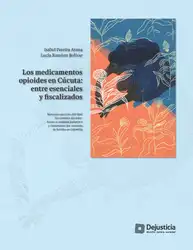
Los medicamentos opioides en Cúcuta: Entre esenciales y fiscalizados

Los medicamentos opioides en Santander de Quilichao: Entre esenciales y fiscalizados
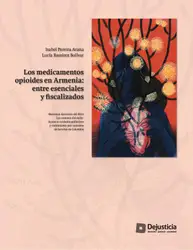
Los medicamentos opioides en Armenia: Entre esenciales y fiscalizados

Los medicamentos opioides en Cali: Entre esenciales y fiscalizados

Los medicamentos opioides en Pereira: Entre esenciales y fiscalizados
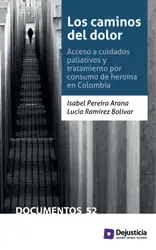
Los caminos del dolor: Acceso a cuidados paliativos y tratamiento por consumo de heroína en Colombia
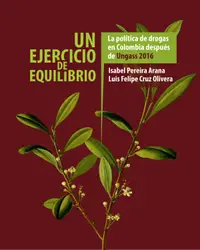
Un ejercicio de equilibrio : Las políticas de drogas en Colombia después de UNGASS 2016
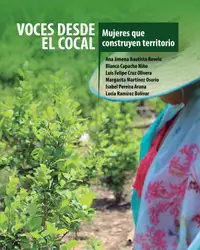
Voces desde el cocal: Mujeres que construyen territorio

Cuidados Paliativos: El abordaje de la atención en salud desde un enfoque de derechos humanos
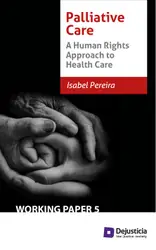
Palliative Care: A Human Rights Approach to Health Care
